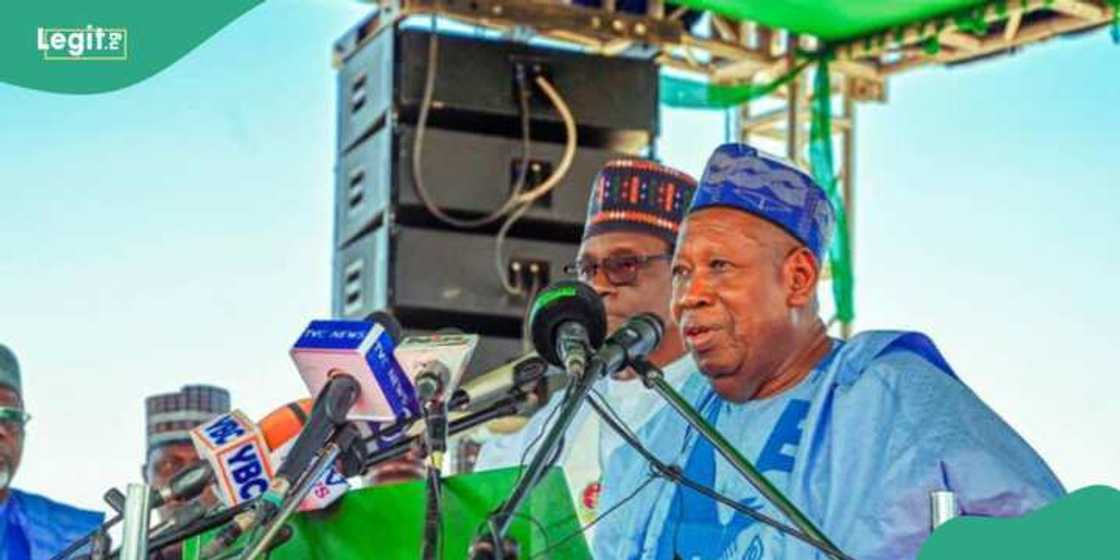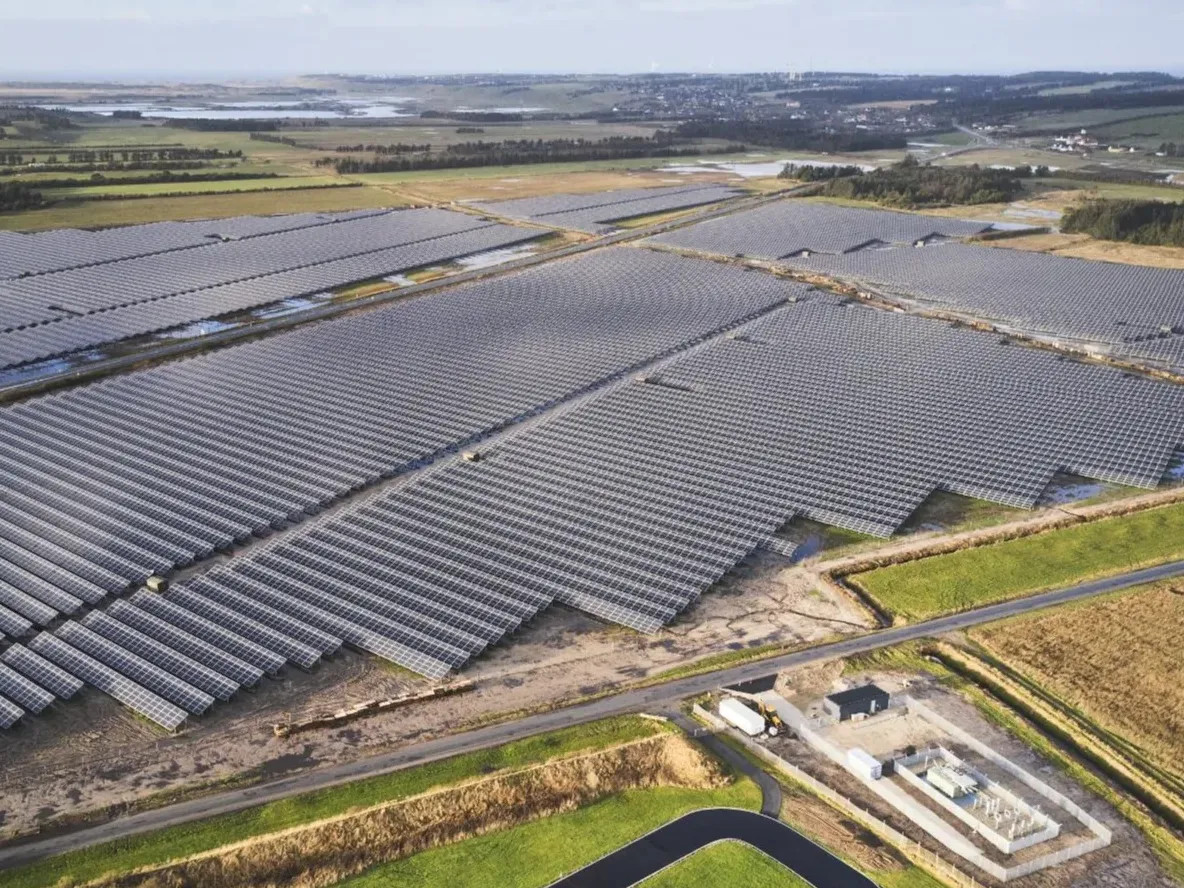Ondo 2024 Governorship Election: A Nail-Biting Finish
As the sun set on election day in Ondo State, Nigeria, the air crackled with anticipation. The 2024 gubernatorial election, a contest keenly watched across the nation, unfolded with a significant turnout of voters and a noticeable emphasis on security. Though 18 political parties participated, the race largely centered around two prominent figures: incumbent Governor Lucky Aiyedatiwa of the All Progressives Congress (APC) and former Deputy Governor Agboola Ajayi of the Peoples Democratic Party (PDP). Both men shared a common past, having served under the late Governor Rotimi Akeredolu, a legacy that added another layer of complexity to the contest. The election, reported to be generally peaceful, commenced around 8 am across the state's 3,933 polling units, with electoral materials arriving in some areas as early as 6 am.
INEC's IReV Portal: Transparency in Real-Time
The Independent National Electoral Commission (INEC) deployed its innovative Result Viewing Portal (IReV) to ensure transparency. This platform allowed real-time tracking of results from polling units as they were uploaded after the vote count. This approach aimed to enhance the credibility of the process and promote public trust. By Saturday evening, a remarkable 98.53% of the results from the 3,933 polling units were made available online, signaling a commitment to efficient and accessible results dissemination.
Accessing the INEC Election Result Viewing Portal (IReV)
To monitor the results, individuals could easily access the IReV portal. The platform's user-friendly interface facilitated quick and effortless navigation. This ensured that interested citizens, political parties and election observers could remain abreast of the ongoing count.
Viewing Election Results on IReV
Once on the platform, users could seamlessly browse the results from different local government areas. The portal updated continuously, offering a dynamic picture of the evolving election landscape. This innovative approach ensured that citizens were well-informed and kept abreast of progress in real-time.
Key Contenders and Their Strategies
The race between Aiyedatiwa and Ajayi was particularly intense, given their shared history and contrasting political affiliations. Aiyedatiwa, benefiting from incumbency, focused on highlighting his administration's achievements. Ajayi, on the other hand, presented himself as the change agent, emphasizing his desire to address the state's challenges. The high voter turnout indicated the level of public engagement and the significance the electorate attached to this contest. Abbas Mimiko of the Zenith Labour Party also emerged as a noteworthy participant, adding another dimension to the election's dynamics.
Election Day Incidents and Allegations
While the election was largely peaceful, some incidents cast a shadow over the process. Reports surfaced regarding alleged vote buying in certain areas, prompting investigations into electoral irregularities. One reported case involved the apprehension of a suspect with bags of cash allegedly intended for vote buying. The security presence was notable in an effort to maintain order and deter potential disruptions, underscoring the importance of a secure electoral environment.
Post-Election Reactions and Analysis
Aiyedatiwa, after casting his vote, expressed optimism about the election's outcome, praising its overall smoothness and order. In contrast, Ajayi voiced concerns about certain aspects of the electoral process, citing irregularities which potentially impacted the fairness of the results. The disparity in these statements highlights the varying perspectives surrounding the election, while underscoring the importance of a transparent and thoroughly investigated electoral process.
A Look Ahead: Implications and the Road Forward
The Ondo 2024 governorship election serves as a critical case study within Nigeria's evolving democratic landscape. INEC's use of IReV represents a significant step toward enhancing transparency and accountability. However, ongoing efforts are needed to address concerns about electoral irregularities and ensure that all future elections adhere to the highest standards of fairness, transparency, and integrity. The final results of the election will likely shape the political trajectory of Ondo State for years to come, creating both opportunities and challenges for the incoming administration.
The high stakes of this election, coupled with its implications for the broader Nigerian political scene, makes it a compelling subject of continued analysis and observation. The upcoming weeks and months will be crucial in determining the path of Ondo State’s future and the overall impact of this election on the Nigerian democratic landscape.

















